David Kack named WTI Director
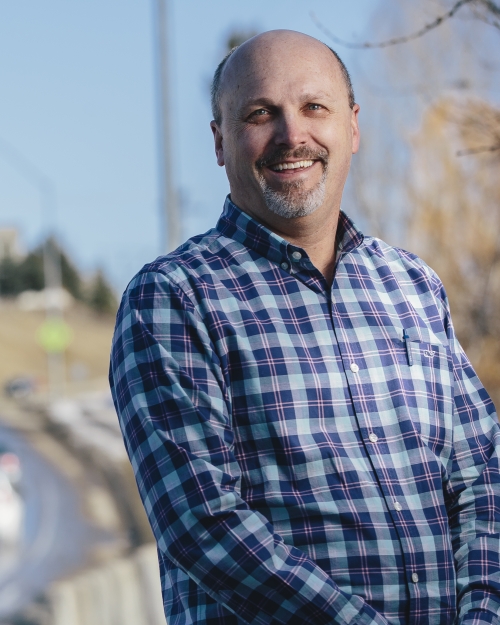
Last week, Norm Asbjornson College of Engineering (NACOE) Dean, Brett Gunnink, named David Kack as Director of WTI. David has served as Interim Director since last July, in addition to his duties as SURTCOM Director and Mobility Program Manager. The College highlighted the appointment in an article on the NACOE homepage. In more good news, […]
Watch Our Road Ecologists in Action!
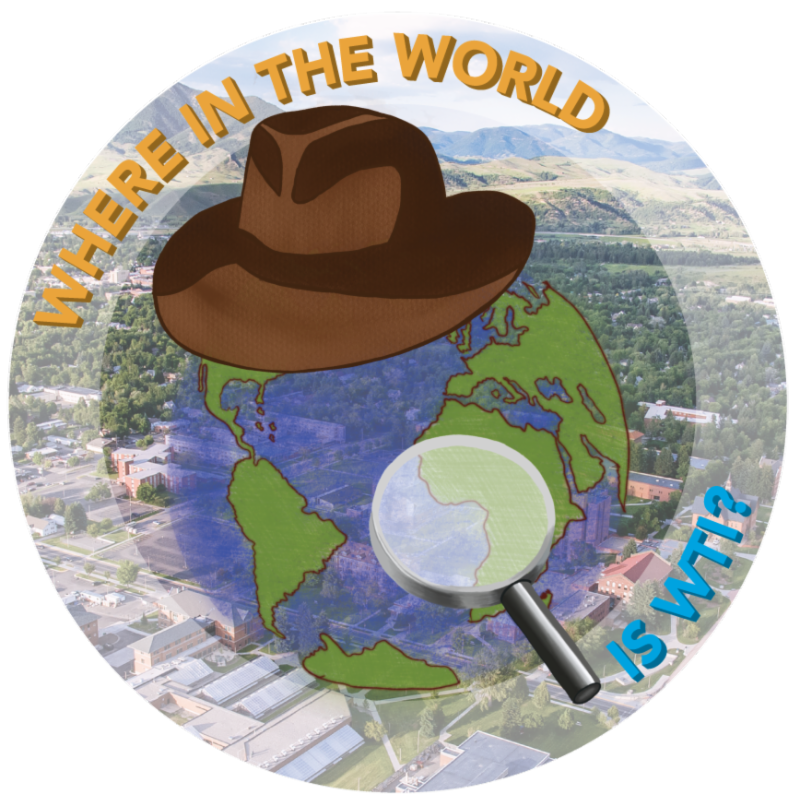
Conservation groups – including the National Wildlife Federation, Save L.A. Cougars, and ARC (Animal Road Crossings) – marked Wildlife Crossings Week (May 4 – 8) by hosting a series of webinars on current efforts around the world to enhance habitat connectivity. Road Ecology Program Manager Rob Ament led a session on “Improving Ecological Connectivity: the […]
Catching Up with the Fellows
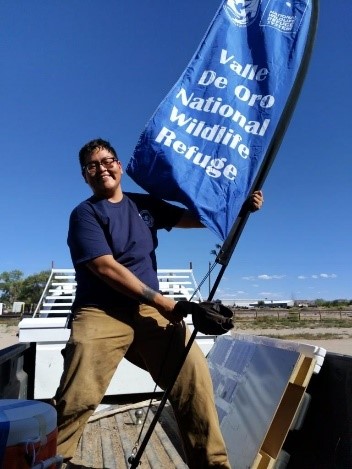
The placement year for the Class of 2019-2020 Public Land Transportation Fellows (PLTF) is drawing to a close. Over the last three weeks, Naomi Fireman, Nate Begay, and Vince Ziols have been featured in “Takeover Tuesday” posts on LinkedIn, reflecting on their experiences working and learning in US Fish and Wildlife Service (USFWS) wildlife refuges. […]
Look What’s Popping Up in Bozeman
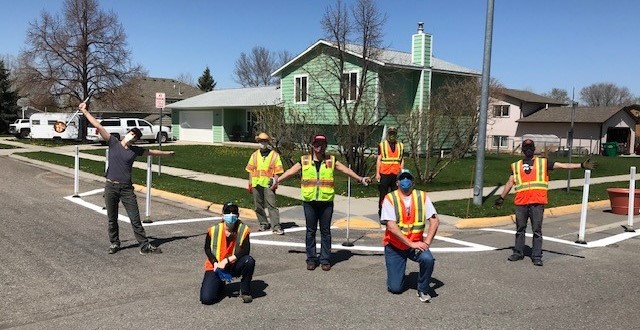
On Saturday, May 2, WTI and the City of Bozeman teamed up to assemble pop-up calming installations in a West Bozeman neighborhood on Yellowstone Avenue. Staff worked together to complete the project in one day, while practicing social distancing guidelines and wearing masks, of course. Team WTI included Danae Giannetti, Andrea Hamre, David Kack and […]
Why did the bear cross the road? Because he had it all to himself
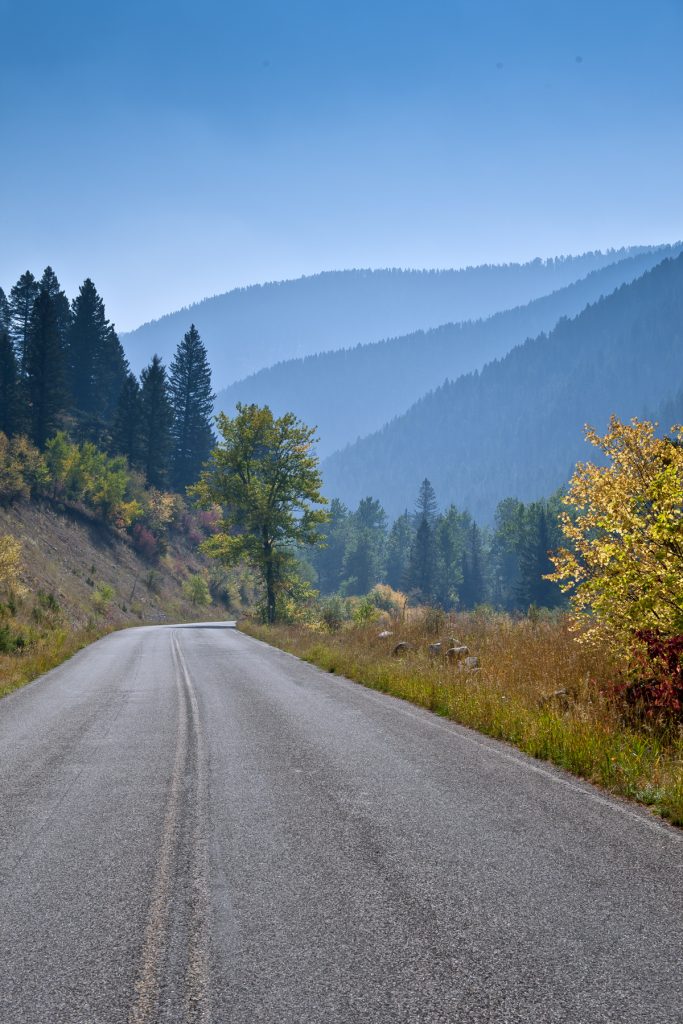
Discover Magazine Interviews WTI Researcher about Wildlife Behavior during Pandemic Humans are staying home more and traveling less during the current COVID-19 restrictions. What does that mean for wildlife? Discovery Magazine recently talked to WTI Research Scientist Tony Clevenger for an online article called “National Parks Are Empty During the Pandemic — and Wildlife Are […]
FoRRRwD Webinars continue on May 12
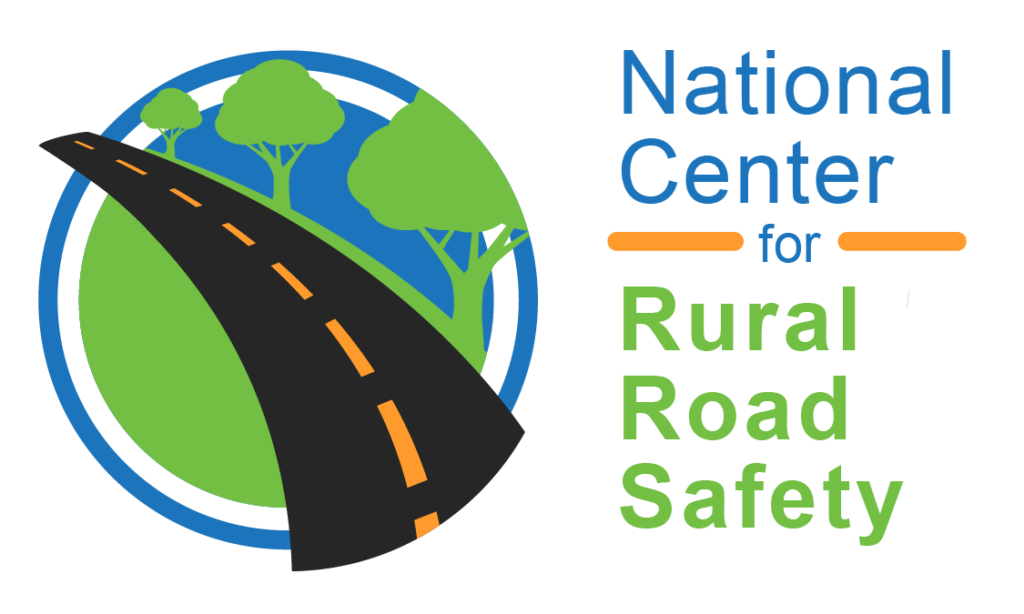
The National Center for Rural Road Safety is co-sponsoring a series of webinars with FHWA and NLTAPA on the Every Day Counts round five (EDC-5) initiative, “Focus on Reducing Rural Roadway Departures (FoRRRwD).” The theme of the next webinar will be Innovative Mechanisms to Deliver Safety Projects. This free webinar will be presented on May […]
